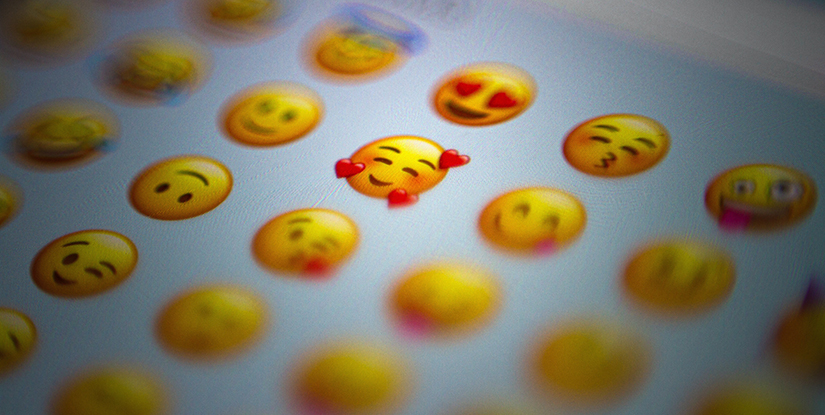Language is the essence of human communication. It has long been the bedrock of our societies. The foundation of our thoughts, ideas, and cultures. It's the tool we use to talk to each other. We share our experiences and shape our world. But what happens when language itself starts to change?
In his thought-provoking book, The Future of Language, Philip Seargeant examines how the technological revolution is changing communication. He looks at the rise of artificial intelligence, the development of new communication technologies, and the changing political landscape. He explores how these changes could transform our understanding of language itself.
Seargeant says that the way we communicate is already changing dramatically. The rise of emojis, animated gifs, and memes has created a new form of language. One that is both visual and fleeting. This digital shorthand is having a big impact on the way we interact. Especially among younger generations.
He also explores the potential for even more radical changes in connection. Brain implants and computer-facilitated telepathy could one day allow us to communicate directly with each other. Without the need for spoken or written language. This would raise profound questions. Questions about the nature of language and its role in our society.
Seargeant's book is not just about the future of language. He also looks back at how language has been imagined in the past. From the utopian visions of science fiction to the dystopian warnings of George Orwell's Nineteen Eighty-Four. He argues that our imaginations have always been shaped by our fears and hopes for the future.
The Future of Language is a fascinating and thought-provoking book. It raises important questions to ponder. He doesn't shy away from exploring the potential negative consequences of new technologies. But he also sees the potential for positive change. Ultimately, he says that the future of language is up to us. We must decide how we want to use language. This will shape our world.


